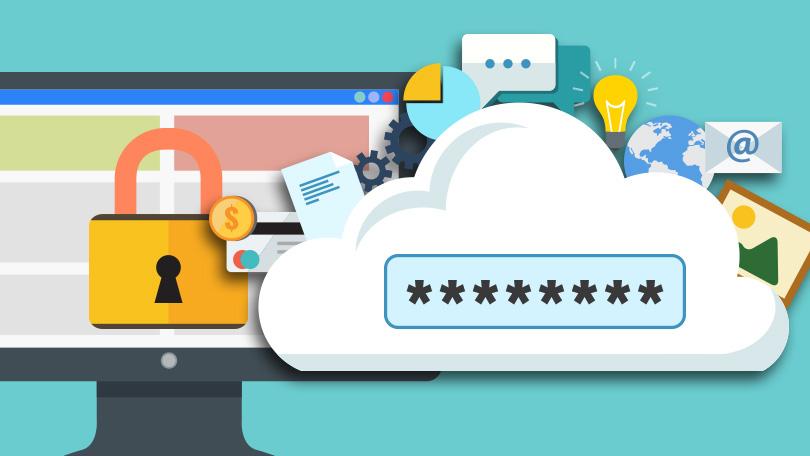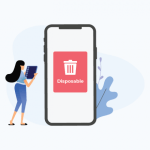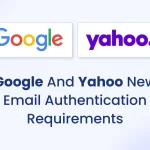
There’s no doubt that using a password manager has saved me a lot of time and headaches – by remembering and filling passwords for me. But what many people do not realise is that password managers like 1Password, LastPass or Dashlane can be used for a lot more than just passwords.
There is lots of information besides passwords that most people need to access and use in their day-to-day life, online and offline. Whether you are booking your next family holiday, submitting forms online, or filling out a job application, there are all sorts of details that you need to have on hand, sometimes when you least expect it.
I will focus on LastPass in this article simple this is the password manager I use. There are however many other options available.
Why store more than passwords in your password manager?
With templates for many different types of information, my password manager is the perfect place for me to store all those other details. Rather than rifling through stacks of papers or worrying about losing or damaging important documents when I carry them in my bag, I can keep secure, digital records that go everywhere with me!
A few reasons I store digital records in LastPass:
- No matter where I am or what device I’m using – from a computer to my laptop, tablet, or Android phone – I know I can always log in to LastPass to access information
- Sensitive details are encrypted, so I know they’re safe
- Even if I don’t have WiFi or a data connection, I can log in to LastPass offline and view the data I need
- Because we both use LastPass, I can share everything with my wife in a Shared Folder so we both can access and use the stored records
What items to store in your vault
When it comes to organizing your important information, here’s what I recommend storing for extra convenience:
Passports
If you’re planning a trip, especially internationally, you’ll likely be asked for your passport information. Rather than searching through a file cabinet or stack of papers, having a digital record of it ensures you can quickly look up or copy-paste the details you need.
It is also useful to have a record of this information just in case you lose your passports.
In LastPass, you can use the “Passport” option to store each family member’s passport. You can even use upload a photocopy or picture of the passport as an “attachment” to the note. Other password managers also have similar.
Driver’s License
You may carry your driver’s license in your wallet, but there are other times besides driving where you may need to look up your license number. Filling out job applications, applying to rent an apartment, booking flights, or renting a car are all situations where your driver’s license may be requested. A quick search in the vault for your license ID is much more convenient.
In LastPass, use the “Driver’s License” option to store each family member’s license information. Again, you can upload a photocopy or picture of the license to the note,
Payment Cards
If you’re like me, you probably do more shopping online than you do in real life. When using a card for payment, every purchase requires entering your credit card and billing address. With those details saved in LastPass, it’s just a few clicks to complete the checkout process.
In LastPass, use the “Payment Card” option to store all debit cards or credit cards.
Social Security, NHS and other Numbers
It’s not often you’ll need to use your Social Security, NHS or national insurance number, but having it stored for every member of the family makes it easier on the rare occasions it does come up.
I have my own NI number memorized, of course, but haven’t memorized the numbers for my other family members and I have no idea what my NHS or driving license number are. When I need to reference it for signing into a financial account or filling out a form, it’s so much easier to look it up in LastPass than to try calling my wife or go hunting in our paper files.
In LastPass, you can use the “Social Security Number” option to store each family member’s SSN.
For other specific ID’s that do not have their own record type, I recommend using the custom template option to create a card to hold all desired ID details each person. I personally have a single custom type to hold ALL ID’s on a single card.
Insurance Cards
Though you may carry your medical, dental, and other insurance cards in your wallet, there may be other times when a digital record is handy. Having a record in LastPass makes it easier to copy-paste the ID number and other details if it’s requested on any forms.
In LastPass, use the “Health Insurance” option to store details on your insurance cards.
Using your password manager as a Convenient Vault for Everything Else
If you have other family members – or even roommates or friends – who may need access to those records, too, you can share them via all the popular password managers. In LastPass Families for example, a Shared Folder is a convenient way to share many records with others.
Of course, the list above is just a small sample of the types of information you can – and should! – store in LastPass for added convenience. Other pieces of information you may want to add to LastPass include: addresses (think billing and shipping), WiFi passwords, bank accounts, membership numbers, security questions and answers, prescriptions, and information for computers and important devices.
Your LastPass vault is the perfect place to store anything you may need to look up or want to ensure you have a secure digital record of. Set aside some time to add these important details to LastPass for added convenience and peace of mind going forward.
Other Solutions
Password managers like 1Password, LastPass or Dashlane is great for storing the things mentioned above but it is not the best tool for all your digital storage needs though.
For digital storage of receipts, and asset management, including my home contents, I use Evernote.
For general document storage, I use OneDrive, which is easily accessible via one drive and the one drive app for Android has a handy document scanner too.







